Optimal Timing for Fascia Installation and Repairs
Fascia installation and repairs are best scheduled during moderate weather conditions. Spring and early fall typically provide optimal temperatures and lower humidity levels, which facilitate proper adhesion and curing of materials. Avoiding extreme temperatures and precipitation ensures the longevity and effectiveness of fascia work.
Spring offers mild temperatures and less rain, making it ideal for fascia installation and repairs. This period allows for thorough work before the heat of summer or cold of winter.
Early fall provides cool, dry conditions suitable for fascia repairs. Scheduling in this season helps prepare the home for winter weather.
High temperatures in summer can cause materials to expand, while freezing temperatures in winter hinder proper installation. Timing is crucial to prevent issues.
Rain, snow, and high humidity can delay work and compromise materials. Planning around forecasted weather improves outcomes.
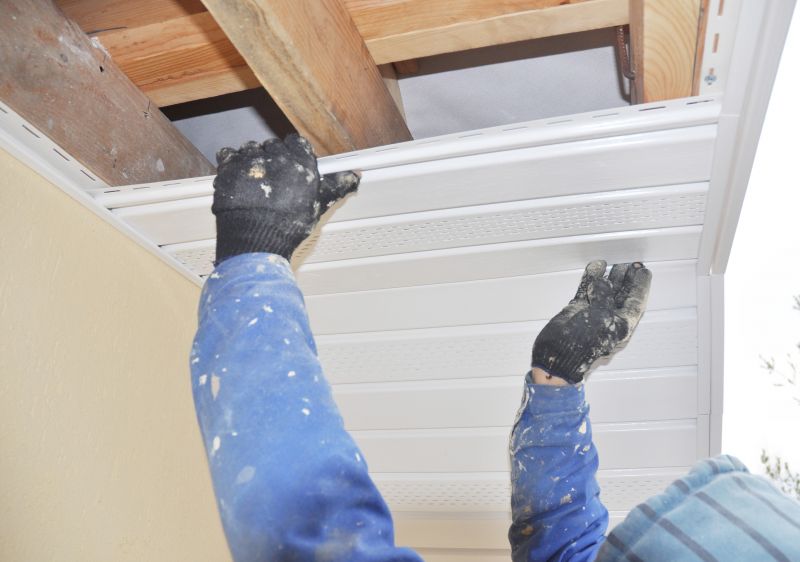
A professional repairing fascia boards during mild spring weather.
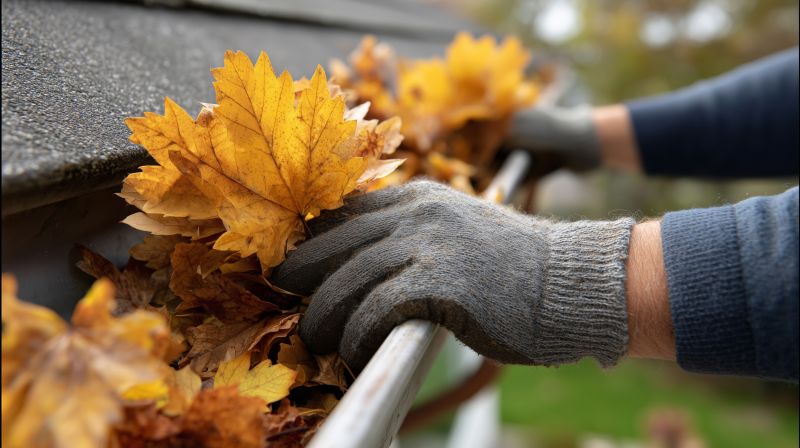
Fascia repair work being performed in early autumn.
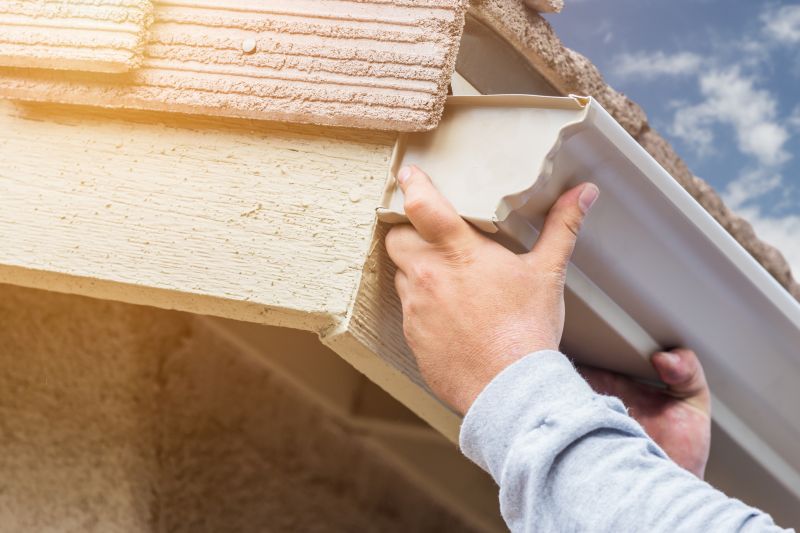
Images depicting clear, dry days suitable for fascia work.
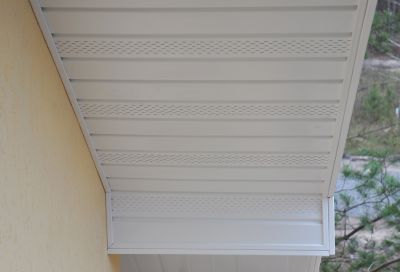
Ways to make Fascia Installation And Repairs work in tight or awkward layouts.
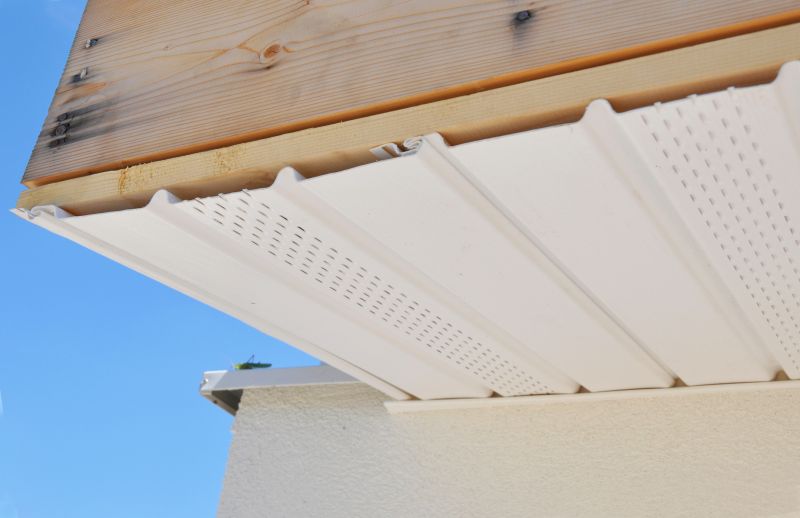
Popular materials for Fascia Installation And Repairs and why they hold up over time.
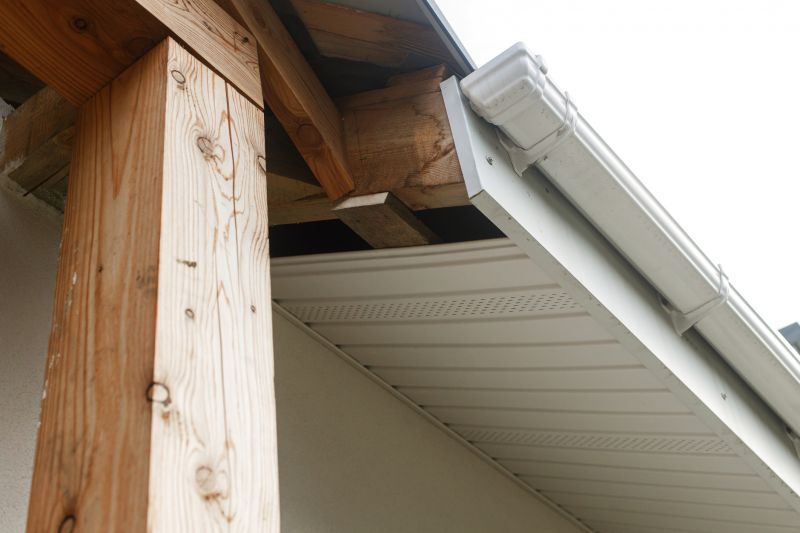
Simple add-ons that improve Fascia Installation And Repairs without blowing the budget.
| Season | Best Practices |
|---|---|
| Spring | Schedule during mild temperatures with low humidity for optimal adhesion. |
| Summer | Avoid peak heat hours; work early morning or late afternoon. |
| Fall | Plan repairs early in the season to prepare for winter. |
| Winter | Generally not recommended due to cold temperatures and potential snow. |
| Weather | Monitor forecast to avoid delays caused by rain or snow. |
Fascia installation and repairs are critical components of maintaining roof integrity and preventing water damage. Properly installed fascia boards help protect the underlying structure from moisture infiltration and pests. Regular repairs can extend the lifespan of fascia and ensure the aesthetic appeal of the building. Materials used include wood, PVC, and aluminum, each requiring specific conditions for optimal installation.
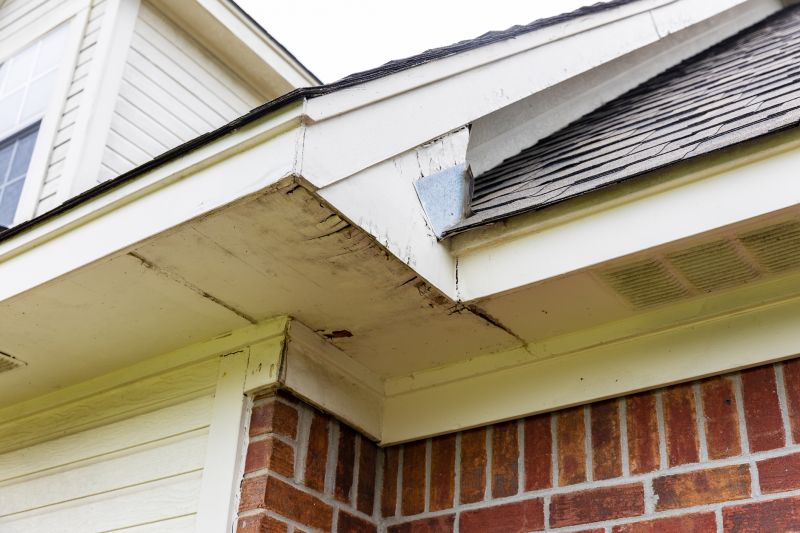
An image showing fascia boards being repaired on a residential property.
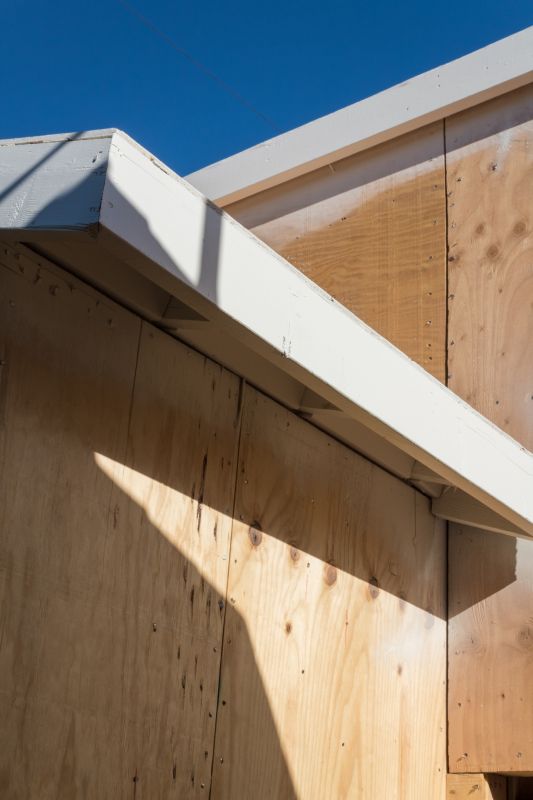
A contractor installing new fascia boards during favorable weather.
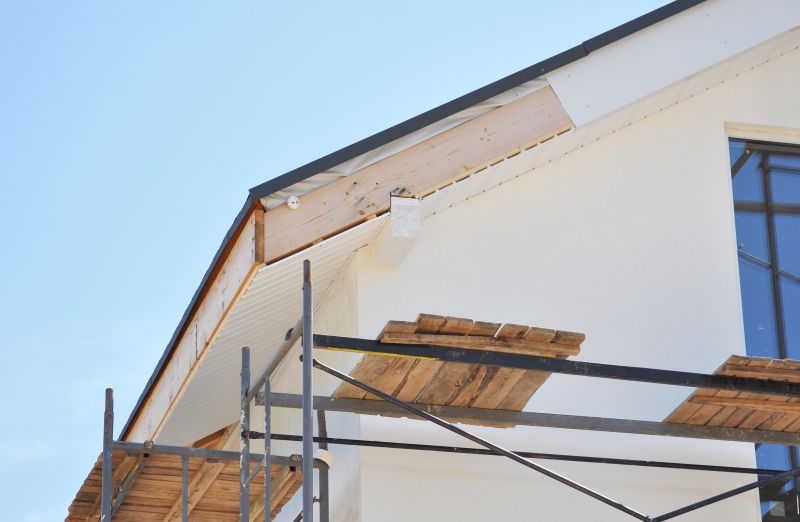
Tools and materials ready for fascia repair work.
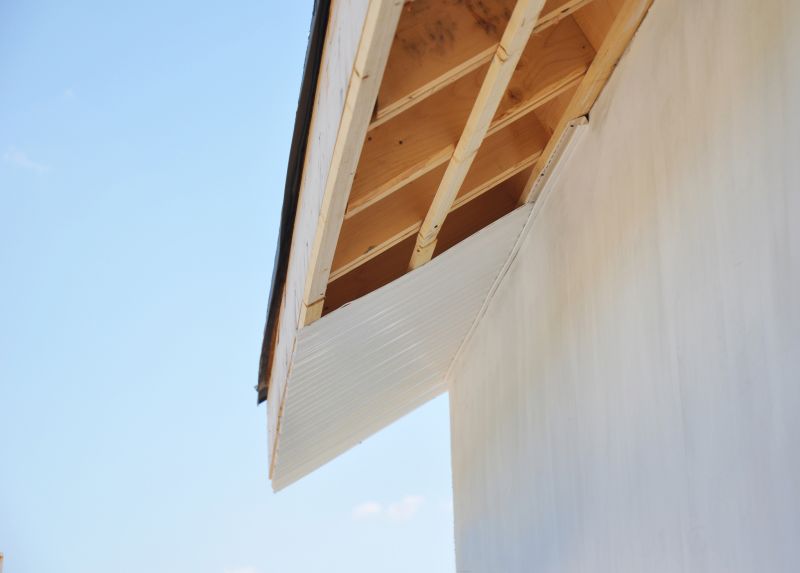
Completed fascia installation on a home exterior.
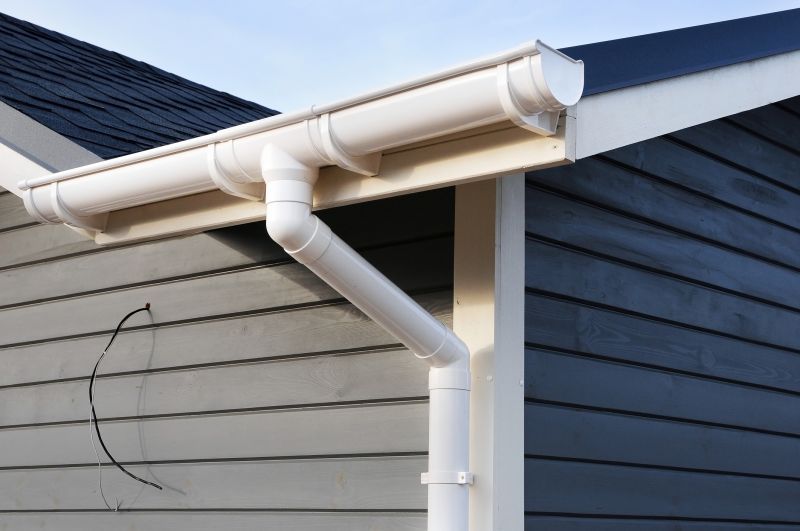
High-end options that actually feel worth it for Fascia Installation And Repairs.
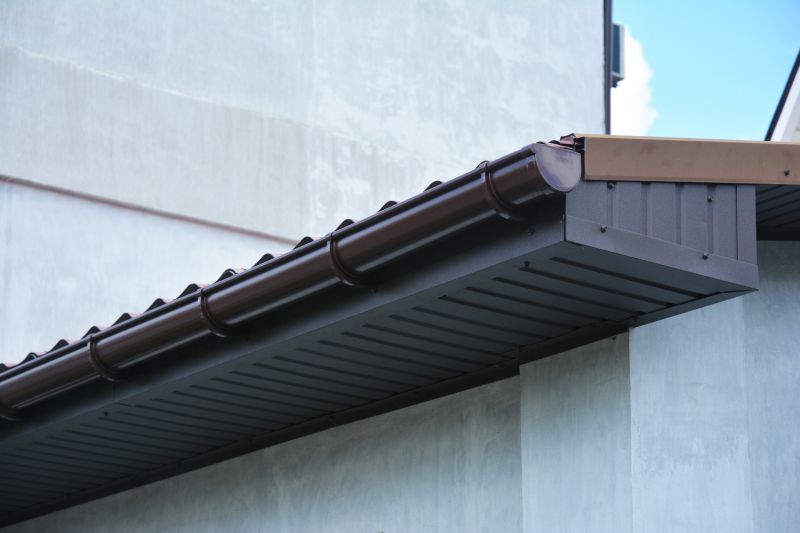
Finishes and colors that play nicely with Fascia Installation And Repairs.
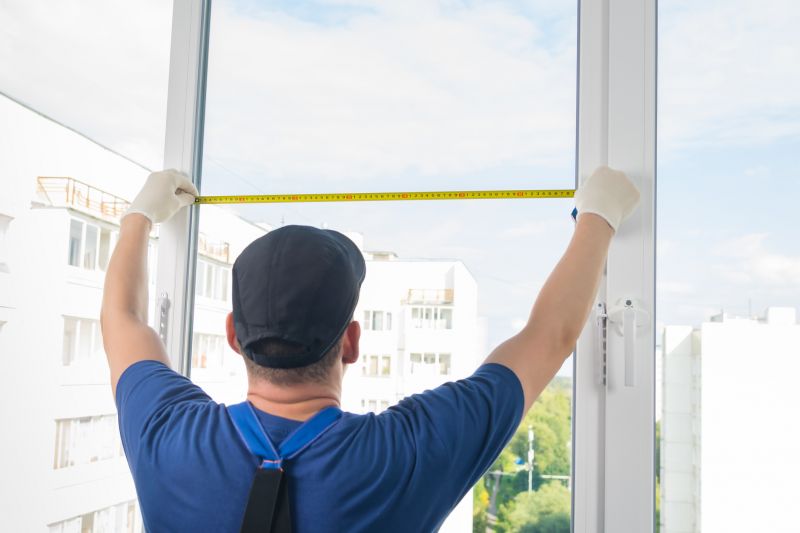
Little measurements that prevent headaches on Fascia Installation And Repairs day.
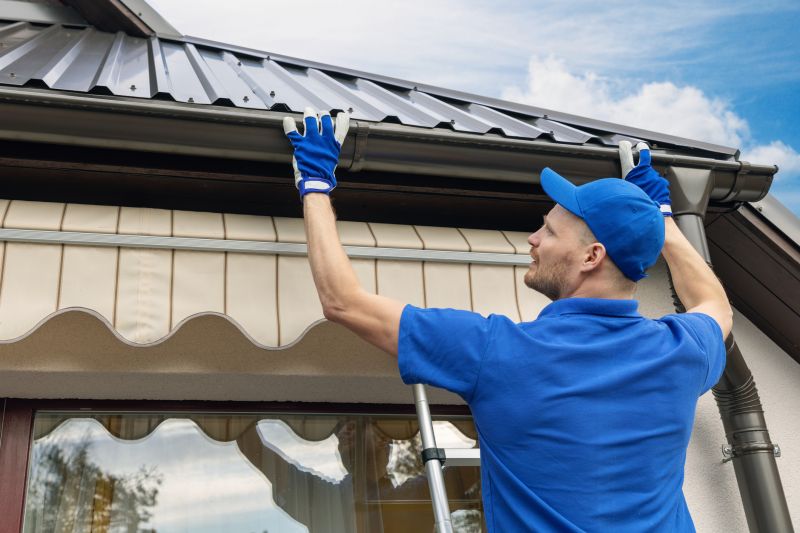
A 60-second routine that keeps Fascia Installation And Repairs looking new.
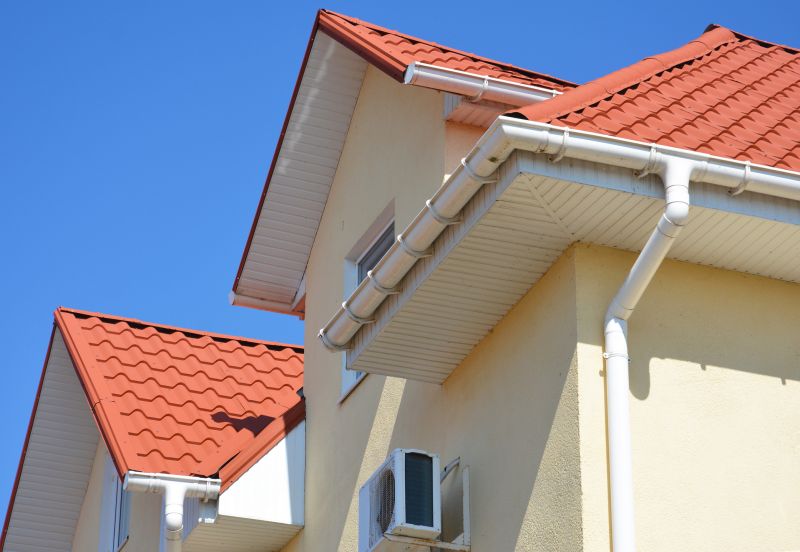
A frequent mistake in Fascia Installation And Repairs and how to dodge it.
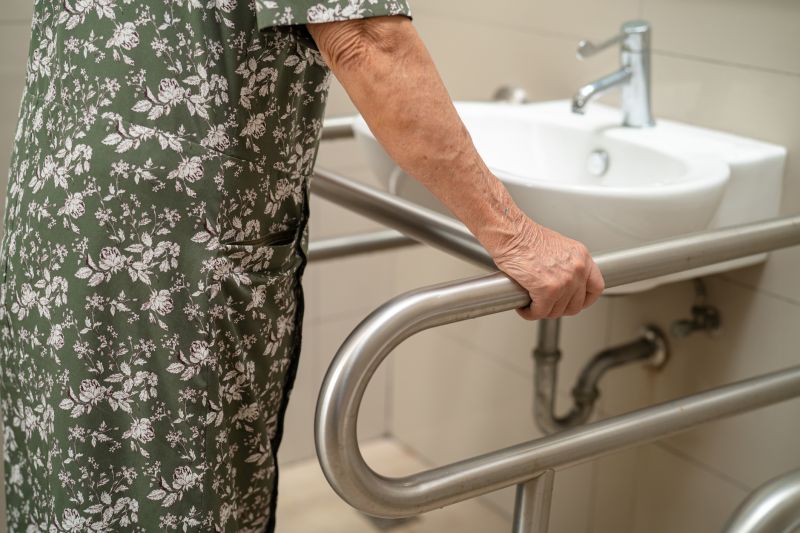
Small tweaks to make Fascia Installation And Repairs safer and easier to use.
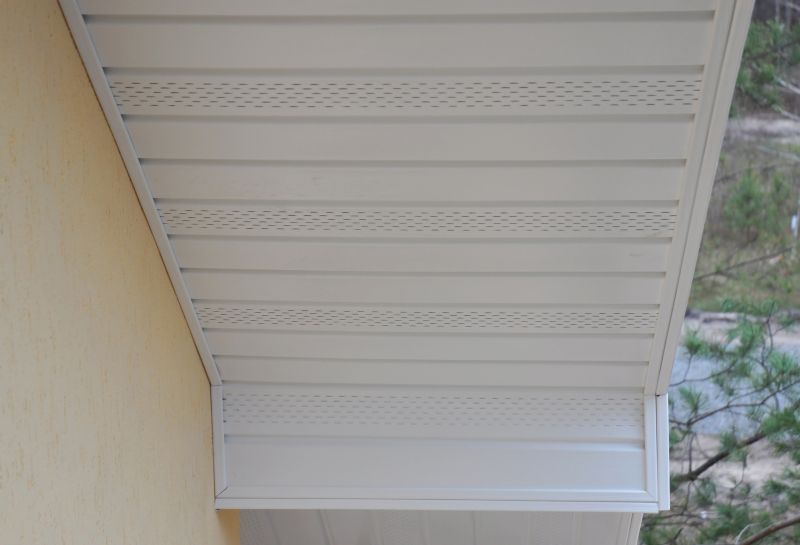
Lower-waste or water-saving choices for Fascia Installation And Repairs.
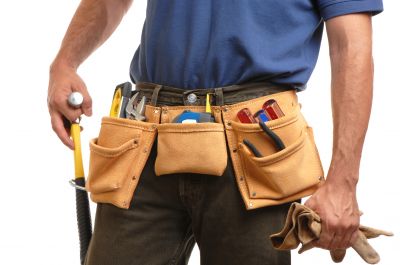
The short, realistic tool list for quality Fascia Installation And Repairs.
Timely fascia installation and repairs prevent costly damage and maintain the structural integrity of buildings. Proper scheduling, considering seasonal weather patterns, helps ensure that work is performed under ideal conditions, resulting in a durable and visually appealing outcome. Regular inspections can identify issues early, avoiding the need for extensive repairs later.
Interested in fascia installation or repairs? Fill out the contact form to get started.
